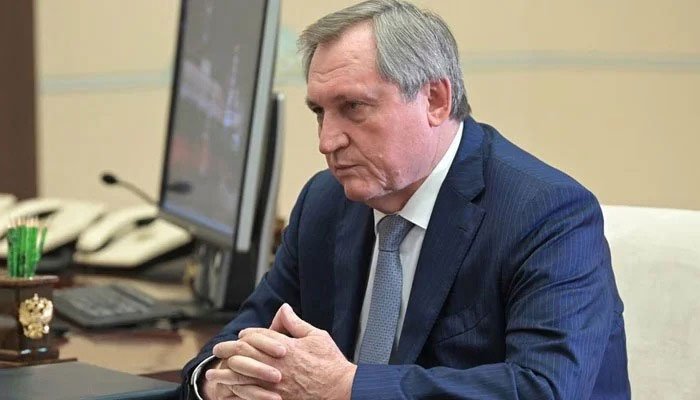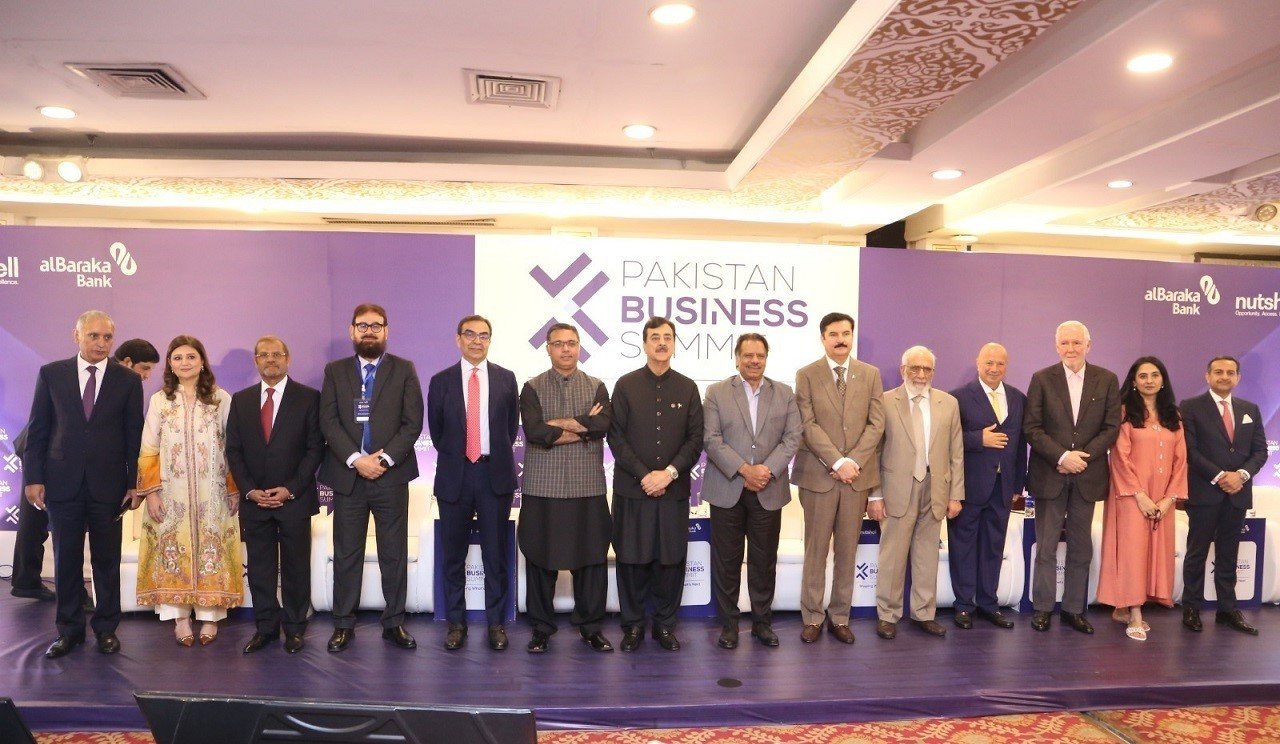Both sides have agreed to work on a “Comprehensive Plan for Energy Cooperation”.
Pakistan will pay for Russian energy purchases in currency of friendly countries. Pakistan will pay for energy purchases from Russia, when they start in late March, in currencies of friendly countries, a top Russian energy ministry official said on Friday.
Russia’s Energy Minister Nikolay Shulginov, who is visiting the country for an annual inter-governmental commission held between Pakistan and Russia, also said that the two countries have agreed on late March as the timeline for crude oil export to Pakistan.
Following the conclusion of the eighth session of the Pakistan-Russia Inter-Governmental Commission on Trade, Economic, Scientific and Technical Cooperation (IGC), Islamabad and Moscow agreed that after consensus on the technical specifications achieved, the oil and gas trade transaction will be structured in a way it has a mutual economic benefit for both countries.
The officials also agreed to strengthen energy cooperation, enhance energy trade and broaden energy infrastructure investment based on strategic and favourable commercial terms.
More From FactFile:Afghan Taliban in oil extraction deal with Chinese company
Both sides have agreed to work on a “Comprehensive Plan for Energy Cooperation”, which would form the foundation for future work and is to be finalised in 2023.
The Russian side was invited toward potential projects of the federal and provincial governments of Pakistan, including in public-private partnership mode and requested the Russian businessmen to explore these possibilities.
“Both sides have resolved the pending issues related to the exchange of information on certificates of origin of goods with the use of an electronic verification system and shall endeavour to finalise the above-mentioned protocols by the end of May 2023,” the joint statement issued in this regard read.
The officials agreed to nominate focal persons from both sides in order to enhance mutual cooperation and discuss issues concerning connectivity and logistics in Central and South Asia.
During the meetings held in the last three days, it was also decided that innovative ways of doing business, including barter trade, would be adopted and they also agreed to explore the option further.
“In the context of the desire of both parties to promote regional integration and Eurasian connectivity, the two sides agreed to share information towards developing and improving rail and road infrastructure,” the statement read.
The following documents were also signed during the session:
Agreement regarding cooperation and mutual assistance in custom matters.
Protocol on the exchange of documents and data on customs value of goods transported.
Working agreement on the airworthiness of aeronautical products.





